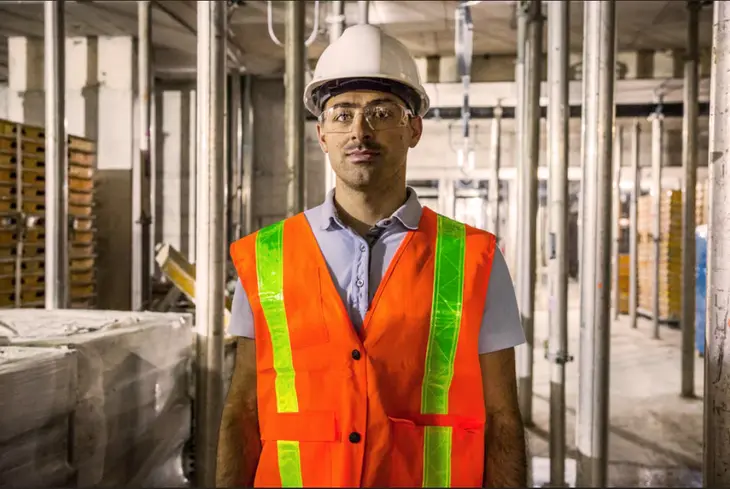
The Role of Recycled Materials in Sustainable Construction
- Admin
In the wake of environmental concerns and the push for sustainability, the construction industry is increasingly turning to recycled materials as a viable solution for building with a reduced environmental footprint. In this article, we delve into the role of recycled materials in sustainable construction and their impact on the industry.
1. Repurposing Waste Streams
Recycled materials offer a unique opportunity to repurpose waste streams from various industries into valuable construction resources. Materials such as recycled steel, glass, plastic, and rubber can be salvaged from demolition sites, manufacturing processes, and consumer waste streams, diverting them from landfills and reducing the demand for virgin resources. By giving new life to discarded materials, sustainable construction practices contribute to a more circular economy and mitigate the environmental impact of construction activities.
2. Energy and Resource Conservation
Using recycled materials in construction reduces the energy and resources required for manufacturing new materials from scratch. For example, recycling steel consumes significantly less energy and produces fewer greenhouse gas emissions compared to manufacturing virgin steel. Similarly, recycling concrete reduces the need for quarrying natural aggregates, preserving natural resources and minimizing environmental degradation. By prioritizing recycled materials, construction projects can significantly reduce their carbon footprint and contribute to energy conservation efforts.
3. Durability and Performance
Contrary to common misconceptions, recycled materials often offer comparable or even superior durability and performance compared to their virgin counterparts. Recycled aggregates in concrete, for instance, can enhance the material's strength and durability while reducing its environmental impact. Additionally, recycled materials undergo rigorous testing and quality control measures to ensure compliance with industry standards, guaranteeing their suitability for various construction applications. By choosing recycled materials, builders can achieve sustainable construction without compromising on quality or performance.
4. Economic Benefits
In addition to their environmental advantages, recycled materials offer significant economic benefits to construction projects. By reducing the need for purchasing new materials and minimizing disposal costs, using recycled materials can lead to cost savings for builders and developers. Furthermore, incorporating recycled materials may contribute to earning green building certifications and incentives, enhancing the marketability and value of construction projects. As sustainability becomes increasingly important in the construction industry, the economic viability of using recycled materials continues to improve, making them a compelling choice for builders and developers alike.
Conclusion
Recycled materials are emerging as a cornerstone of sustainable construction, offering environmental, economic, and performance benefits to builders, developers, and communities. By repurposing waste streams, conserving resources, and enhancing durability, recycled materials play a vital role in reducing the environmental impact of construction activities and promoting a more sustainable built environment. As the demand for sustainable construction practices grows, the use of recycled materials will continue to expand, driving innovation and progress towards a more sustainable future.
